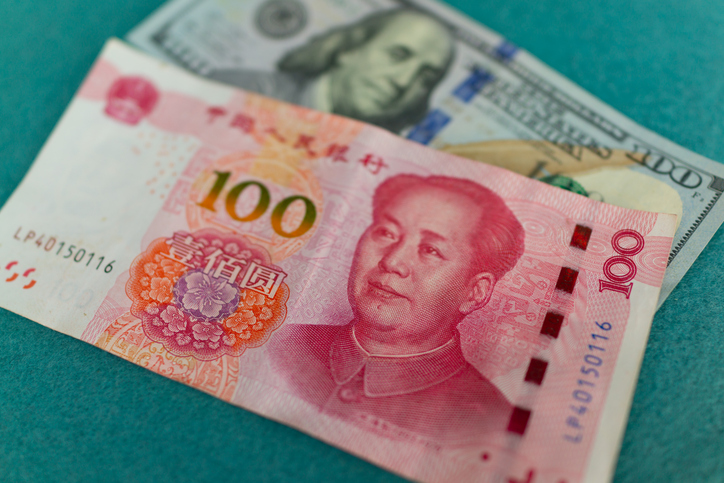On Friday, President Trump announced plans to impose a 100% tariff on all Chinese imports, dramatically escalating trade tensions and throwing a planned meeting with Chinese President Xi Jinping into question. The move, unveiled Friday, comes after Beijing restricted exports of rare earth minerals critical to U.S. technology and defense industries.
Trump framed the new tariffs as retaliation for what he called China’s “economic aggression,” warning that “America will no longer be dependent on hostile powers for vital resources.” The White House said the administration is also reconsidering U.S. participation in the upcoming APEC summit, where Trump and Xi were expected to hold bilateral talks.
Economists and trade experts immediately warned that such tariffs could spark a new trade war, disrupt global supply chains, and raise prices for American consumers. Major U.S. industries — from electronics to automotive manufacturing — rely heavily on Chinese components containing rare earths.
The announcement sent markets tumbling, with the Dow dropping sharply in afternoon trading. Analysts described the move as “economic brinkmanship,” noting that China could retaliate by targeting U.S. exports or restricting access to key materials even further.
China’s Ministry of Commerce condemned the plan as “unreasonable and harmful to both nations,” signaling potential countermeasures. Meanwhile, business groups and congressional leaders from both parties urged the White House to pursue negotiation rather than escalation.
If enacted, the 100% tariffs would represent one of the harshest trade penalties ever imposed between the world’s two largest economies — and could redefine the trajectory of U.S.–China relations for years to come.
Read more
about Trump’s tariff hikes


